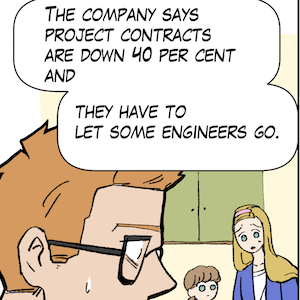Latest scientific research points to long COVID in Australia being a significant and growing problem
I have been regularly following the scientific literature on the labour market impacts of COVID-19 and as the evidence is becoming richer we are getting a clearer idea of those impacts. The short conclusion is that public health policy makers, under pressure from ill-informed individual and corporate interests, have failed dramatically to protect the public health and there will be long-term economic consequences as a result, quite apart from the devastating personal costs. It is a very strange phenomenon that we have observed over the last several years now. One that required strong public health leadership but which has, instead, been marked by a curious cloud of denial and abandonment. We are all to blame for that abandonment. The latest evidence indicates that long COVID in Australia is a significant and growing problem that is not only undermining the well-being of the people involved but is also a major restraint of economic performance.
